In a world where we have access to more information than ever at any time in history, where the majority of site searches begin online, some have questioned whether Investment Promotion Agencies (IPAs) are still relevant.
It’s usually a question posed by someone with an axe to grind, with some personal agenda or crusade, on which they’re so focused that they willfully ignore the critical work being done by the world’s IPAs.
Critical work.
Like creating jobs.
Like helping local companies export goods to new markets.
Like bettering the lives of the citizens in the communities they serve.
Site Selection magazine suggests that in this time where access to limitless data and technology often paradoxically serve to make us feel less connected, the organizations working to connect businesses with their communities have never been more relevant. As Conway Advisory Vice President Denis Merkwirth notes, “In the growing and ever more competitive ‘market’ for foreign direct investment, investment promotion agencies play a key part in attracting companies to their respective locations. Despite improvements of the quantity and quality of available location data, the best site selection firms still rely heavily on primary sources such as IPAs.”
On the following pages we join corporate end users and site selection consultants around the world in celebrating those doing it best.
The Best to Invest Top IPA Awards recognize the professionalism and preparedness the leadership and staff of the winning organizations demonstrate each day. This is the only purely subjective award Site Selection gives, and we take that responsibility very seriously. To ensure the credibility of the rankings, we’ve taken ourselves out of the nominating process, and the awards themselves are voted on by site selection consultants from around the world. Those honored to be chosen as some of the world’s Top IPAs accumulated the most points in voting based on the following criteria:
- Most professionally responsive to inquiries
- Staff possessing the best knowledge and language diversity
- Offering access to user-friendly databases of sites and incentives (general and sector-specific)
- Readily available information on timing expectations of permitting and other processes
- Access to recent investors in the region who can vouch for the area and agency
- Best reputation for protecting investor confidentiality
- Reputation for after-care services
- Website: Is it easy to navigate, does it possess a wide breadth of data and does it have an efficient, modern design?
Merkwirth explains that the best IPAs “make potential investors feel like ‘preferred clients.’ It goes way beyond simply providing data. The best IPAs effectively communicate their locations’ strengths and ability to adapt to the unique needs of expanding companies.”
“It goes way beyond simply providing data. The best IPAs effectively communicate their locations’ strengths and ability to adapt to the unique needs of expanding companies.”
Our ranking reflects the perceptions of corporates and FDI professionals around the globe as to how well these IPAs have been able to build a reputation as a vital resource and a trusted partner for investors from across the globe.
We congratulate all of this year’s very deserving winners, and in particular CINDE, in Costa Rica, and IDA Ireland, who, for the second straight year were not only named a Top National IPA, but also won the overall Best to Invest Award for total projects per capita in their regions, a remarkable achievement.
Asia Pacific
NATIONAL
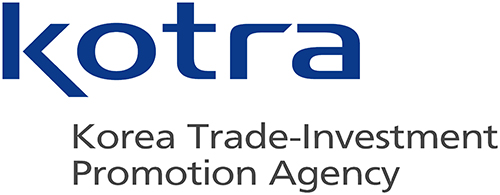
- South Korea ranks #5 on the World Bank’s 2017 Doing Business report.
- 69% of 25-34 year-olds in South Korea have completed tertiary education, the highest percentage in the OECD and nearly 10% higher than the next-best OECD country.
- The Invest Korea Plaza (IKP) is the first business incubation complex in South Korea for foreign investors. The IKP offers furnished office space and modern conference facilities, in addition to offering on-site comprehensive services ranging from investment consultation provided by Invest KOREA and numerous governmental agencies to orientation programs on Korean business culture.
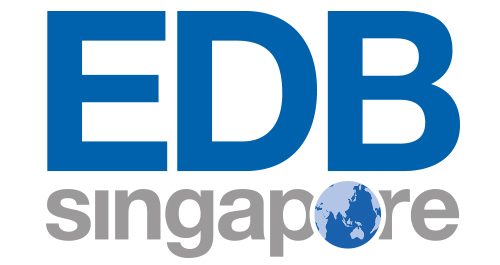
- Singapore is ranked #2 on the World Bank’s 2017 Doing Business report and #4 on IMD’s 2016 World Competitiveness Yearbook.
- Singapore has the largest number of Free-Trade Agreements (FTAs) in Asia, and is party to more than 40 Investment Guarantee Agreements (IGAs).
- Singapore ranks 4th in the world and 1st in Asia for best IP protection in the World Economic Forum’s Global Competitiveness Report 2016-2017.
REGIONAL

- Hong Kong has robust public transportation infrastructure. 90% of the daily commuter trips are taken with public transportation.
- Hong Kong has a simple, predictable and low taxation system. The city only imposes three direct taxes, and does not impose sales tax or VAT, withholding tax, capital gains tax, dividend taxes or estate taxes.
- The city is within 4 hours of all of Asia’s key markets, and within 5 hours of half of the world’s population.
- Hong Kong ranks #4 on the World Bank’s 2017 Doing Business report.
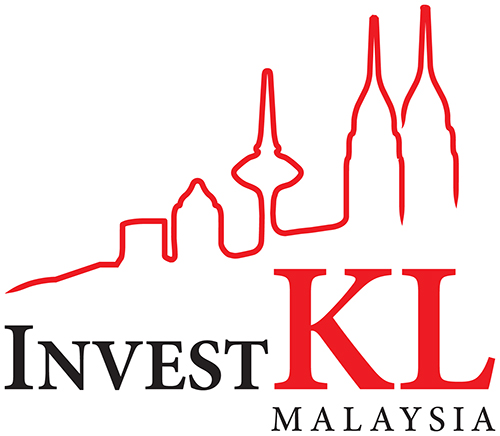
- Malaysia is ranked 2nd among Asian countries on EF’s English Proficiency Index, and 12th overall.
- Malaysia ranks #19 on IMD’s 2016 World Competitiveness Yearbook and #23 on the World Bank’s 2017 Doing Business report. Malaysia also ranks #19 on IMD’s 2016 World Talent Ranking.
- Kuala Lumpur ranks outside of the top 100 on Mercer’s Cost of Living survey of the world’s most expensive cities, signifying the city’s low cost of living relative to other large urban centers.
Latin America & Caribbean
NATIONAL

- Costa Rica has ports on both the Pacific and Atlantic coasts, and is party to numerous Free Trade Agreements which provide preferential access to over 57 trade partners. These partners represent more than 2.5 billion people.
- 98.1% of Costa Rica’s electricity usage comes from renewable energy sources.
- Costa Rica’s telecommunication infrastructure provides 100% redundancy. The country also has 156% penetration of mobile devices, one of the highest rates in Latin America and higher than the US.
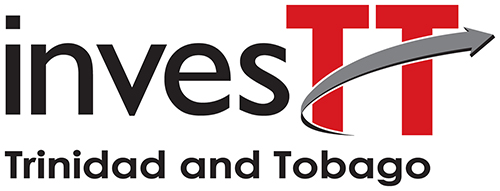
- Trinidad and Tobago ranks 3rd in the Western Hemisphere in the World Economic Forum’s 2016-2017 Global Competitiveness Index for exports as a percentage of GDP.
- The country has the 2nd most developed road network in the Caribbean.
- Trinidad and Tobago has a mobile device penetration rate of 139%.
REGIONAL
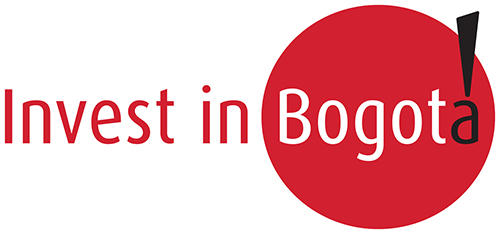
- Colombia has the 3rd largest population in Latin America, only behind Brazil and Mexico and ahead of Argentina.
- The city of Bogota’s GDP of $71 billion USD is larger than that of many Latin American countries.
- Colombia’s labor market is one of the most efficient in Latin America, besting Mexico, Brazil and Argentina on the World Economic Forum’s 2016-2017 Global Competitiveness Index.

- Panama ranks 42nd on the World Economic Forum’ 2016-2017 Global Competitiveness Index, up 8 spots from the previous year.
- The Panama Pacifico Special Economic Area was created in 2004, and is a public-private alliance between the Panamanian State and London & Regional Panama.
- Panama’s Bilingual Program was launched in 2014, and aims to increase Panamanians’ English proficiency. The program sends teachers to universities in the United States, Canada and the United Kingdom to improve their English proficiency, thereby enabling them to better assist primary and secondary education pupils learn English.
Africa & Middle East
NATIONAL
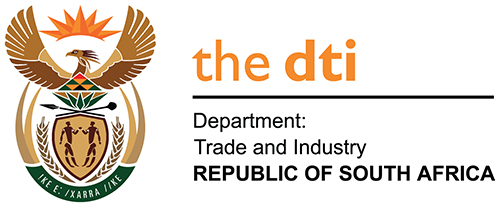
- South Africa ranks 47th on the World Economic Forum’s 2016-2017 Global Competitiveness Index, jumping from 49th on the previous year’s index and from 56th in the 2014-2015 Index. On the 2016-2017 Index, South Africa jumped 29 places on the Index’s ranking of countries by how pay reflects productivity.
- South Africa ranks 52nd on IMD’s 2016 World Competitiveness Yearbook rankings, jumping one spot from 2015.
- South Africa ranks 22nd on the World Bank’s 2017 Doing Business ranking of countries by their protection of minority investors.
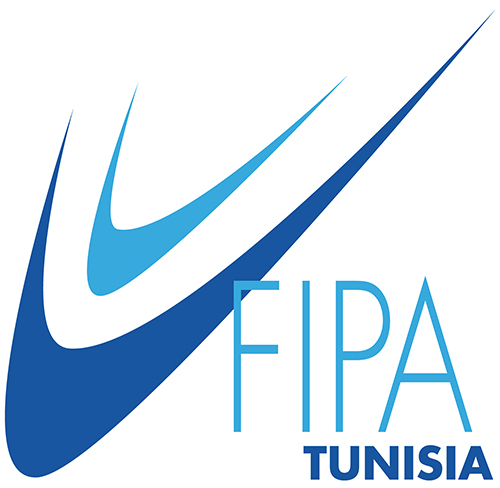
- Tunisia’s economy has grown significantly since 2000. Tunisia’s GDP was $21.5 billion in 2000. This figure had more than doubled to just above $43 billion by 2015.
- More than 38% of Tunisia’s population is under the age of 24, and approximately 83% of its population is under the age of 54. The median age is 32.4 years.
- Tunisia’s exports totaled nearly $13 billion in 2016, and its imports totaled $17.75 billion. Approximately 80% of Tunisia’s exports go to the EU.
REGIONAL

- Sharjah is home to three deepwater ports — Port Khalid, Khorfakkan and the Hamriyah Port — which provide access to the Indian Ocean and the Arabian Gulf. The three ports have a combined capacity of 2.4 million TEUs.
- Sharjah has 2 free zones, which allow foreign companies to retain 100% ownership and provide them with competitive warehouse and property leases.
- Sharjah’s manufacturing sector represents a third of all of the UAE’s manufacturing sector.
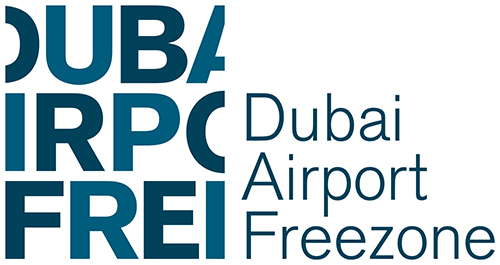
- The United Arab Emirates ranks #16 on the World Economic Forum’s 2016-2017 Global Competitiveness Index, including ranking 4th in infrastructure. The country also ranks 26th on the World Bank’s 2017 Doing Business report.
- The United Arab Emirates has more than 20 free zones, wherein foreign companies are entitled to 100% ownership.
- Dubai International Airport serviced 83.6 million passengers in 2016, 7% more than in 2015. By comparison, London’s Heathrow serviced 75.7 million passengers in 2016.
Western Europe
NATIONAL
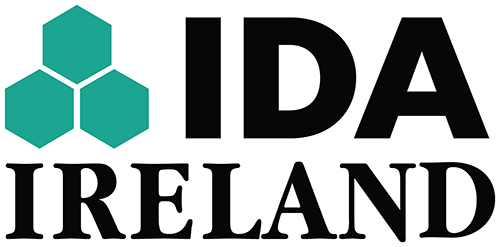
- Ireland is the only English-speaking country in the Eurozone.
- Ireland’s economy grew by 5.2% in 2016, the fastest growth rate in the European Union. The country also ranks #18 on the World Bank’s 2017 Doing Business report.
- 33% of Ireland’s population is under the age of 25, the largest proportion in the European Union.
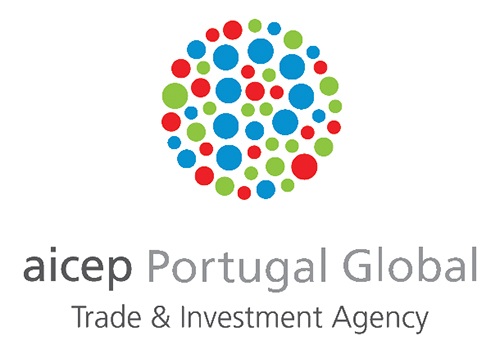
- Portugal ranks #25 on the World Bank’s 2017 Doing Business report.
- Portugal is the only Portuguese-speaking country in the Eurozone. Portugal maintains strong ties with other nations in the Community of Portuguese Language Countries (CPLP), including Brazil, Angola and Mozambique.
- In the quarter ending in February 2017, exports grew by 13.3% year-on-year and imports grew by 14.7% year-on-year relative to the same period in 2016.
REGIONAL
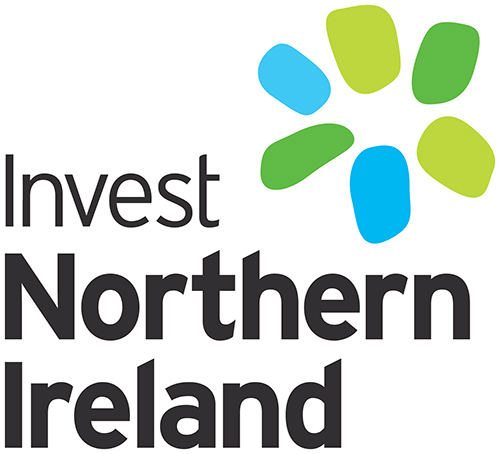
- Salary costs in Northern Ireland are lower than the UK average, and 51% lower than New York, 33% lower than London and 11% than Dublin.
- 55% of Northern Ireland’s workforce is under the age of 40.
- 77% of North Ireland’s high school graduates (post A-level) go on to further and higher education, higher than the UK average of 71%.

- Birmingham’s airport continues to grow and expand, servicing more than 12 million passengers for the first time from 2016 to 2017. Birmingham is also approximately 2 hours from Manchester Airport and Heathrow Airport, giving residents access to other large international airports and providing them with additional air travel options.
- Midland Metro has grown significantly since adding a Birmingham city center tram station, and is expected to service more than 7 million passengers for the first time in 2016-2017.
- Birmingham has pledged to reduce CO2 emissions by 60% by 2026.
Eastern Europe & Central Asia
NATIONAL

- Slovenia ranks #30 on the World Bank’s 2017 Doing Business report.
- Shipments from Asia can arrive at Slovenia 7 to 10 days faster than shipments sent to northern European countries. Those goods can then be sent to cities like Vienna, Munich and Prague within a day, and to cities like Warsaw, Copenhagen and London within 2 days.
- More than 70% of Slovenia’s population can speak 2 or more foreign languages, including English, German and Italian.

- Turkey GDP annual growth rate has been greater than 3% for 4 consecutive years (2013-2016).
- 41.19% of Turkey’s population is under the age of 24, and 84.34% of its population is under the age of 54. More than 5.4 million students are enrolled in tertiary education, and approximately 800,000 students graduate from Turkish universities every year.
- Turkey ranked 38th on IMD’s 2016 World Competitiveness Yearbook, up 2 spots from 2015.
REGIONAL

- The Aegean Free Zone officially began operations in 1990, and is managed by the ESBAS.
- The ESBAS launched a 15-year G20 marketing and promotion campaign in 1995 in an attempt to garner investment from G20 countries. Trade volume reached $1 billion USD in 1997, and subsequently reached $5 billion USD in 2012. Employment increased from 10,000 in 2003 to 20,000 in 2012.
- A protocol agreement was signed by the Minister of Economy in 2015 to expand the Aegean Free Zone and to extend the ESBAS Operating License.
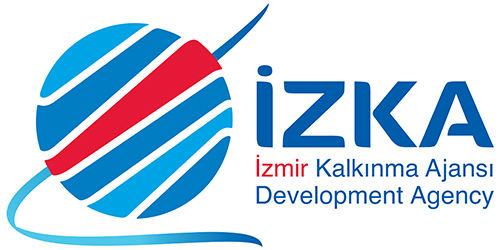
- Izmir is Turkey’s second largest commercial center, and is a major port city with 4 main ports and 12 private docks.
- 42% of Izmir’s population is under the age of 30, and the city was ranked the 2nd fastest growing metropolitan economy in the world in Brookings Institute’s 2014 Global Metro Monitor report.
- Izmir has 13 Organized Industrial Zones, 2 Free Zones and 4 Technoparks.

